And why I won’t use one
Polygraphs, or lie detectors as they are more commonly known, are a staple in any spy movie or detective TV show. They even form a large part of ‘reality’ daytime tv, appearing regularly on programmes like The Jeremy Kyle Show (now axed) and similar talk shows. It makes some exciting drama for the screen, as suspects are either redeemed or hung out to dry by the results, but in the REAL world it’s rather different.
A polygraph is a scientific test that measures a subject’s physical responses as they answer a series of questions. The science dictates that when we attempt to deceive someone, our body responds in a variety of ways, such as an increased heart rate, changed breathing and higher blood pressure. The polygraph registers these changes in the subject throughout the interview, indicating whether their answers are truthful. Reportedly, a polygraph is 80-95% accurate (when conducted in a specific, controlled setting by a skilled and trained professional)
My job is to uncover the truth, so in theory a polygraph would take a lot of the legwork out for me, right? It might surprise you to find out, then, that I would never use one as part of my investigations. And here are just some of the reasons why!
Not admissible in court
Providing evidence for my clients is not enough. The evidence needs to have value and it needs to serve a purpose, otherwise it’s just as useful as idle gossip.
The main purpose of evidence is to back up the claims of my client, which means it must be recognised by a court of law. Things like photos of a cheating spouse, or documentation of corrupt finances are ideal. Currently in the UK, polygraphs are not admissible in court. This means any evidence gained from a lie detector will be of no use in the long term. The results of a polygraph test may add some weight to an argument and may even bring some closure if you are happy with the legitimacy of the test, but ultimately it is useless.
No legal standing to enforce
As a Private Investigator, I have no legal authority over the person in question. This means I have no right to enforce a polygraph – even the police need full cooperation and consent from the subject before they can conduct the test!
The chances of getting the subject to voluntarily take part in a polygraph is incredibly slim, almost impossible. So, I wouldn’t want to waste my clients time or money going down this route.
They are expensive
You can’t just buy a polygraph off the shelf. As a polygraph is a scientific test, it must be conducted in a specific setting by someone trained in the field. This makes them very expensive to conduct and arrange, and I would rather spend that time on more practical, more reliable investigations.
Results can be contaminated
While they are reportedly quite accurate, there are several factors that can impact the result of a polygraph and make them less reliable.
While you may not be directly responsible for the activity in question, other feelings of guilt can affect your result. Things like covering up for someone or having information you haven’t handed over may weigh on your mind. This could lead to a person being falsely accused of a crime, when in fact they are only guilty by association or omission.
Even some mental and physical illnesses can falsify results, for example, if the subject has a heart condition causing irregular beats, or a personality disorder that renders them unable to reliably recall events in question. Some medications, such as anti-anxiety treatments, or illegal drugs, can also skew the results, as common side effects like increased heart rate, decreased blood pressure and even reduced mental cognition (think reaction times) will affect the polygraph’s readings.
It’s irresponsible
Knowing that a polygraph test can produce these false results and is heavily disputed in the scientific world, I believe it would be irresponsible to suggest this approach to my clients. This widely shared opinion is strengthened by the tragic death of Steve Dymond in 2019, who committed suicide days after The Jeremy Kyle lie detector ‘proved’ he was unfaithful to his wife, despite him maintaining his innocence. The daytime talk show was cancelled as a result and, during the subsequent TV inquiry, ITV Chief Executive Dame McCall has stated that they “will not commission a show in the future in this way, in this format, using lie detector tests” again.
Source: https://www.itv.com/news/2019-06-25/jeremy-kyle-guests-were-warned-about-his-presenting-style-documents-show
Ultimately, I have enough tools and knowledge get you the answers you need, without relying on a device that comes with a big disclaimer. And I don’t cut corners, because I want to provide you with a service that gives you the peace of mind and closure that you deserve.
